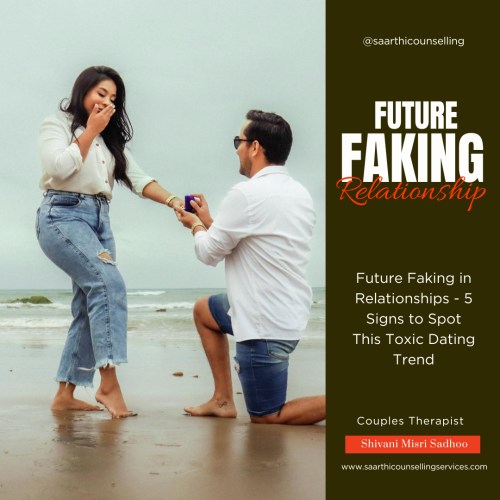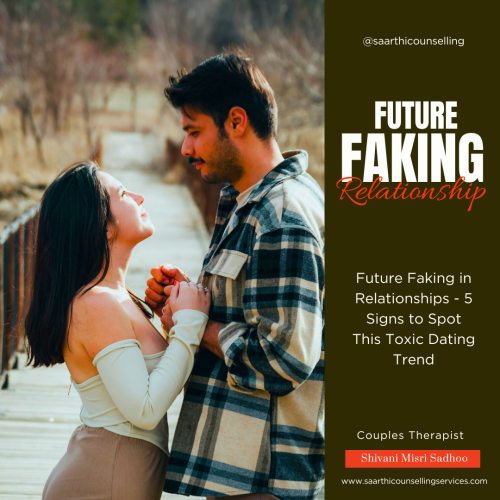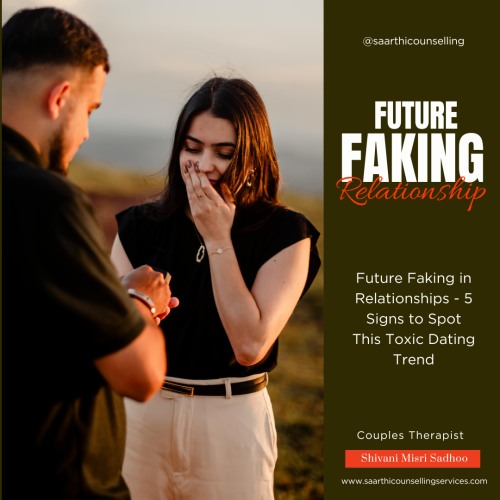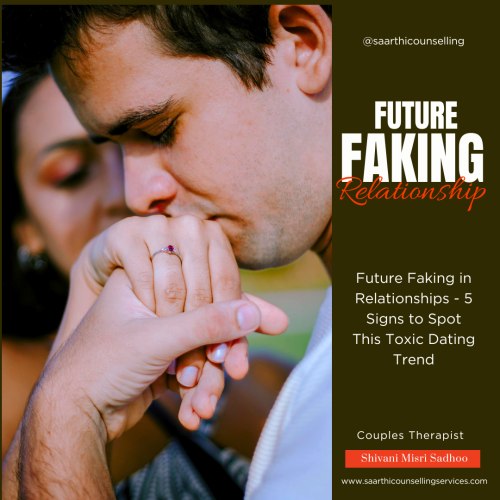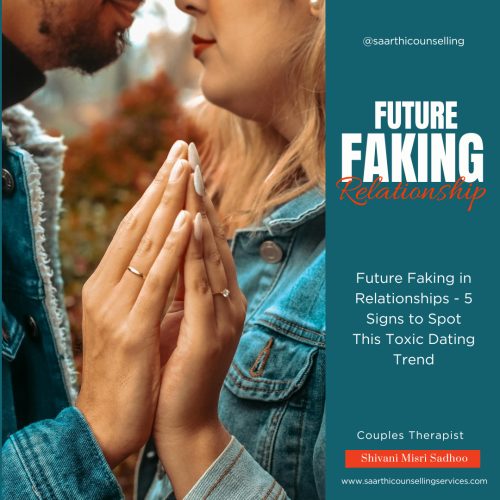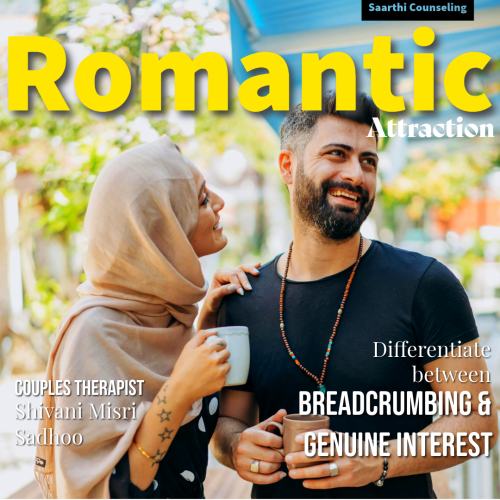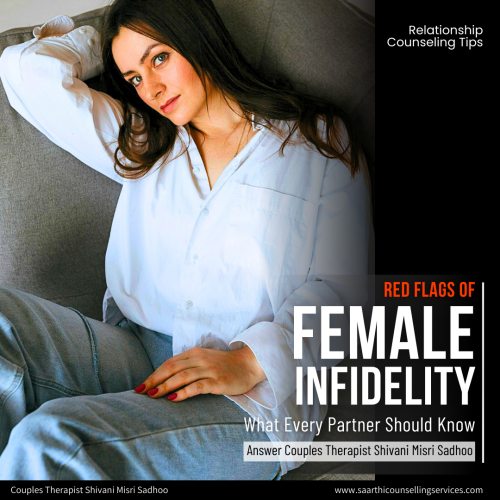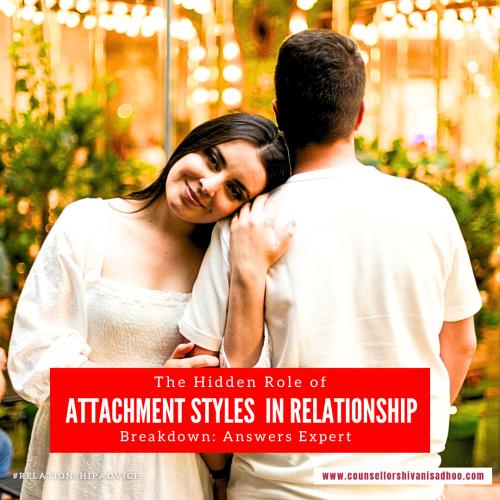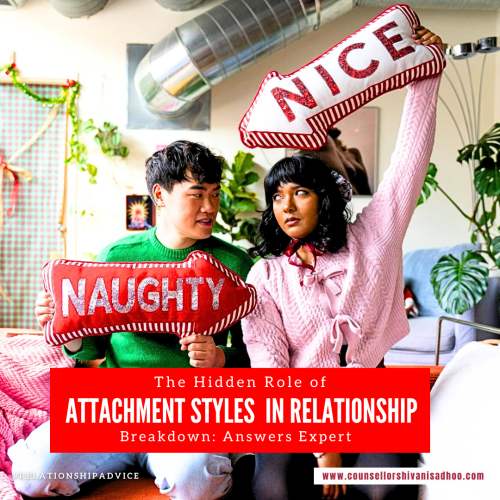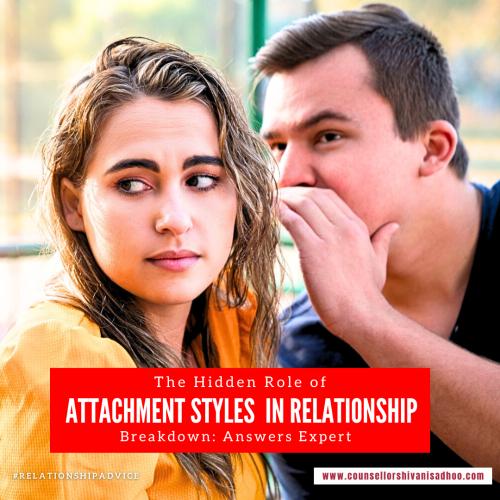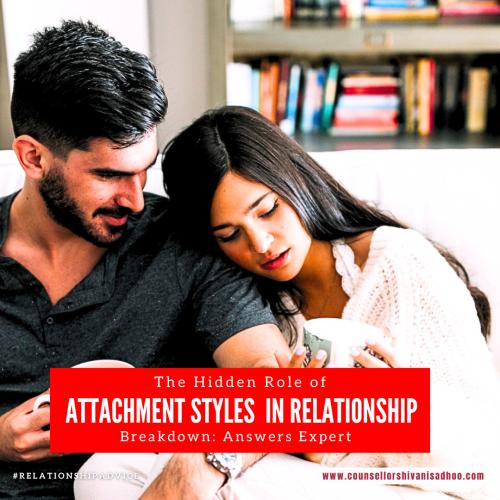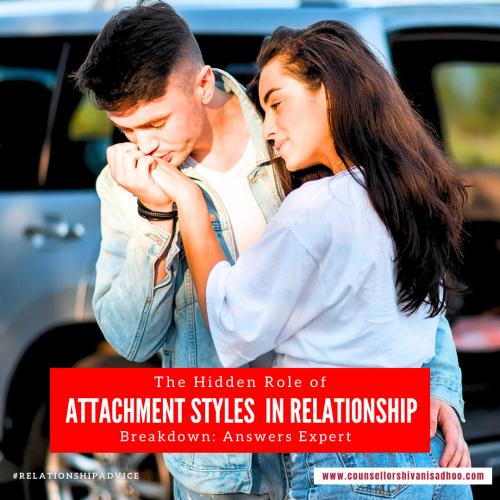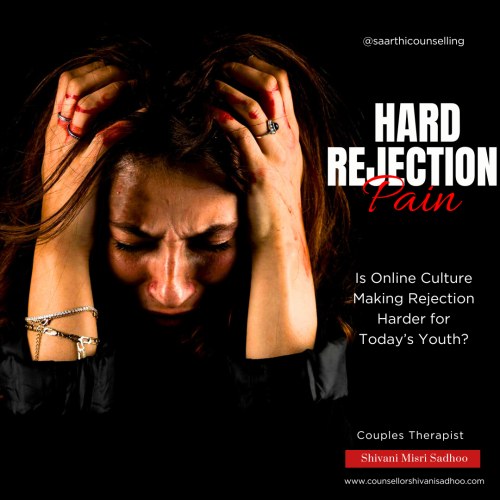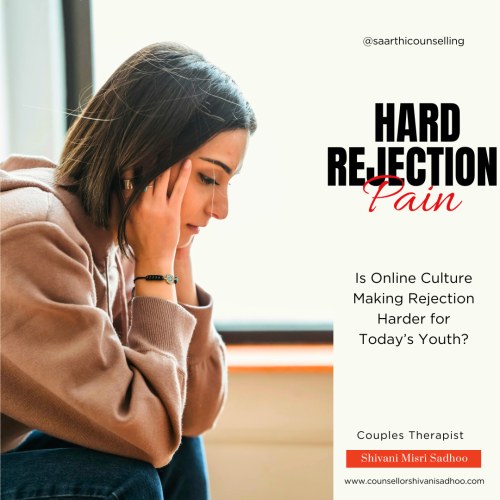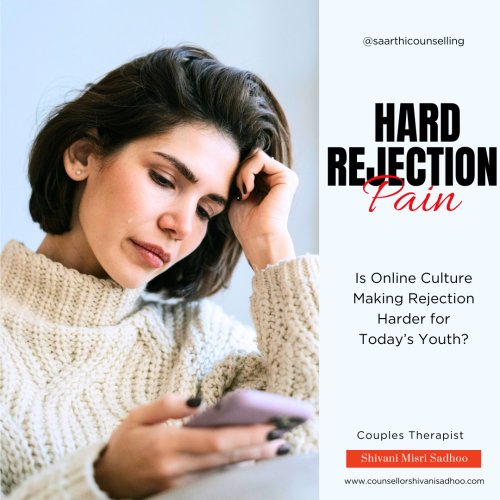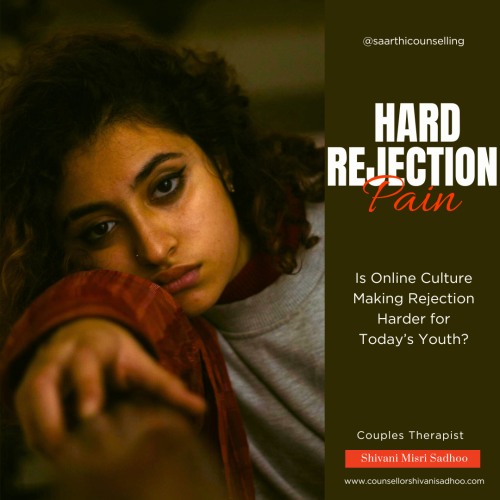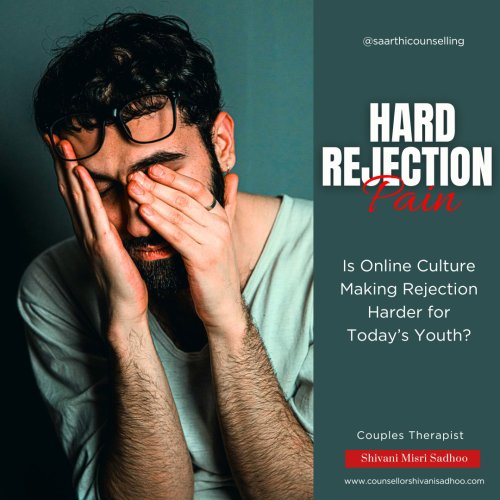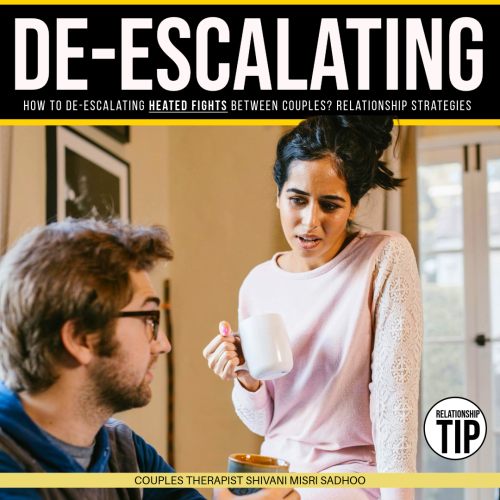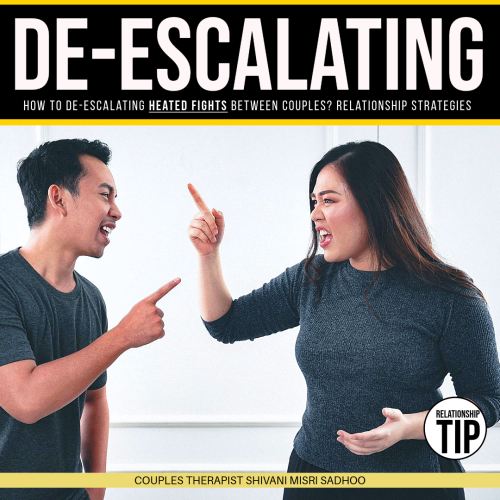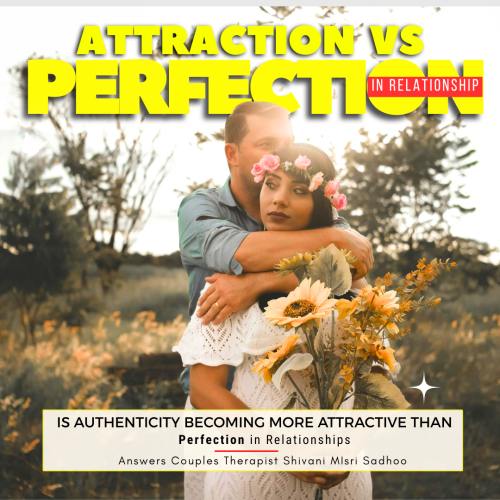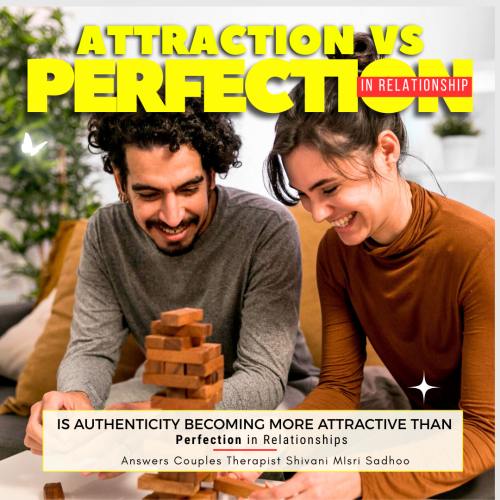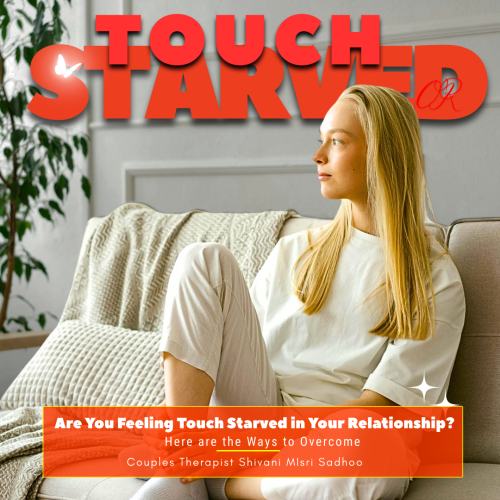Modern dating has become faster, more intense, and emotionally charged. While deep conversations and big promises may feel exciting early on, not all future-focused talk comes from genuine intentions. One increasingly common toxic dating pattern is future faking—a behaviour that creates emotional attachment through promises that are never meant to be kept. Understanding this pattern is essential to protect your emotional well-being and make healthier relationship choices, explains Shivani Misri Sadhoo, who is a top couples and relationship therapist in India.
What Is the Future Faking in a Relationship?
Future faking in a relationship refers to when someone talks extensively about a shared future—marriage, moving in together, children, travel plans, or long-term commitment—without having any real intention of following through. These promises are often used to gain trust, speed up emotional intimacy, or keep a partner invested, especially when the relationship lacks consistent actions.
Future faking is not the same as hopeful planning or normal relationship discussions. The key difference lies in behaviour. In healthy relationships, future plans are supported by consistent effort, accountability, and emotional availability. In future faking, words are big, but actions are minimal or absent.
Why Future Faking Is Toxic?
Future faking can be emotionally damaging because it creates false hope. The person on the receiving end may invest time, energy, and emotional vulnerability based on promises that never materialise. Over time, this leads to confusion, self-doubt, anxiety, and emotional dependency. It is often seen in narcissistic or emotionally unavailable partners, though not exclusively.
5 Signs to Spot Future Faking in Dating
1. Big Promises Very Early
One of the clearest signs of future faking is intense future talk at an early stage of dating. Statements like “You’re the one,” “I want to marry you,” or “I see my whole life with you” within weeks can feel flattering, but they often lack a realistic foundation. Genuine connection takes time to build; rushed promises are a red flag.
2. Words Don’t Match Actions
A future faker may talk about commitment but avoid taking real steps—meeting family, defining the relationship, or making consistent plans. They might promise trips, moving in together, or engagement, yet constantly delay or change the topic when action is required. This gap between words and behaviour is a core indicator.
3. Promises Appear During Conflict
Future faking often intensifies when the relationship is at risk. If every argument is followed by grand promises—“We’ll be happy soon,” “I’ll change,” “Our future will be amazing”—but nothing actually improves, it’s likely being used as a control tactic to prevent you from leaving.
4. Vague or Shifting Timelines
Another sign of future faking in relationships is unclear timelines. Plans are always “someday,” “soon,” or “when things settle down.” When you ask for clarity, the answers remain evasive. Healthy partners can discuss realistic timelines, even if they are flexible.
5. You Feel Confused, Not Secure
Perhaps the most important sign is how the relationship makes you feel. Future faking creates emotional highs followed by disappointment. Instead of feeling secure and grounded, you feel anxious, uncertain, and constantly waiting for the future to begin. A healthy relationship provides stability, not emotional whiplash.
How to Protect Yourself?
To avoid falling into a future faking pattern, focus less on promises and more on consistent behavior. Observe whether actions align with words over time. Set boundaries, ask clear questions, and trust patterns—not potential. If someone truly wants a future with you, their effort will be visible without needing constant reassurance.
Future faking in relationships can be subtle, charming, and deeply misleading. While talking about the future is natural, it should always be supported by present-day commitment. Recognizing the signs early can save you from emotional exhaustion and help you choose partners who offer real connection, not just beautiful words.
